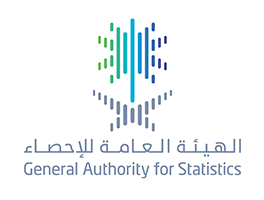
"الإحصاء" تُصدر نتائج مسح (البيئة الاقتصادية الصناعية) لعام 2017م
“GASTAT’’ Releases Results of (Industrial Economic Environment) Survey 2017
GASTAT released the results of Industrial Economic Environment Survey 2017 which was published on its official website www.stats.gov.sa. The survey includes results related to the amount of consumed water in (industrial economic establishments) with its different sources as well as wastes produced due to economic industrial activities and ways of disposal. The results also include types of energy used in industrial economic establishments.
97% of industrial economic establishments purchase the water they consume. The amount of purchased water consumed in these establishments reached (978 million cubic meter) in 2017. On the other hand, results showed that wastes resulted from activities of (industrial economic establishments) reached (20.2) tons, as follows: solid chemical wastes are the largest among them with 36% followed by liquid chemical wastes with 12%, then ferrous metal wastes with 10%, lastly, non-ferrous metal wastes with 6% .
The most used energy in industrial economic establishments during 2017 were natural gas (66%), diesel (18.7%), and gasoline 91 (10.3%), results showed.
In addition, types of energy used in industrial economic establishments include natural gas (66%), diesel (18.7%), gasoline 91 (10.3%), cooking gas (2.2%), crude oil (1.9%), and gasoline 95 (0.7%).
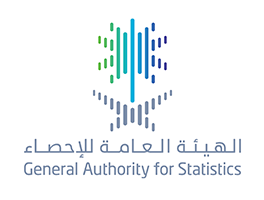
الهيئة العامة للإحصاء: خلال شهر نوفمبر 2018م: انخفاض المؤشر الشهري للرقم القياسي لأسعار المستهلك وارتفاع المؤشر السنوي.
GASTAT: Consumer Price Index (CPI) Decreases and Annual Index Rises in November 2018
General Authority for Statistics (GASTAT) released its monthly report of Saudi Arabia's Consumer Price Index (CPI) for November. The report was published on its official website www.stats.gov.sa . (CPI) went down to 0.2% in November compared to the previous month (October 2018).
(CPI) in Saudi Arabia decreased to (106.5) index points in November from (106.8) in October of 2018 with 0.2% change, (GASTAT) report showed.
On the other hand, the report attributed the monthly decrease of the index to the declines of the five main sections composing it, which are: housing, water, electricity and gas section with 0.8%, restaurants and hotels sections with 0.2%, food and beverages sections with 0.1%, clothing and footwear sections with 0.1%, and finally telecommunication section with 0.1%.
In contrast, two of the main sections witnessed an increase, which are: home furnishing and equipment section, and transportation section with 0.2%. Tobacco, health, culture and entertainment, education, and personal goods and services sections remained unchanged.
The year-over-year (YOY) of CPI registered an increase of 2.4% in November 2018 compared to the same month last year reaching (106.5) in November 2018 compared to (103.6) in November 2017 with 2.8%.
This increase was ascribed to the ten sections composing the CPI, which are: transportation 12.0%, tobacco 10.2%, restaurants and hotels 8.6%, food and beverages 7.7%, home furnishing and equipment 4.6%, health 4.0%, culture and entertainment 3.8%, telecommunication 1.3%, personal goods and services 0.6%, and finally education 0.2%,
On the other hand, two of the main sections witnessed a decline, which are: clothing and footwear section as well as housing, water, electricity and gas section by 4.5% and 3.1% respectively.
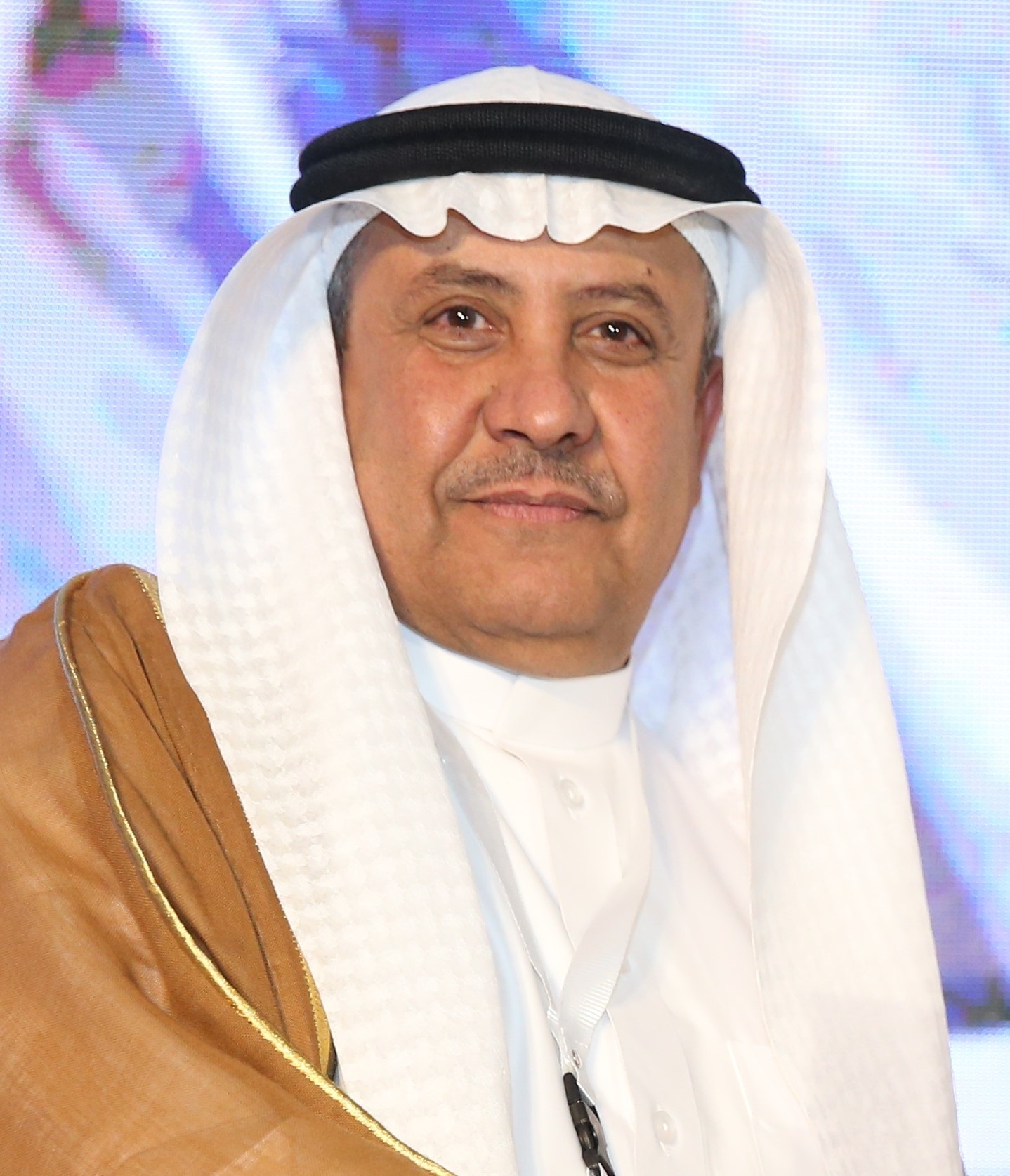
مجلس إدارة (سيسرك) يعقد اجتماعه الحادي والأربعين
With the participation of GASTAT
(SESRIC) board of directors holds its 41st meeting
As a representative of Saudi Arabia, the General Authority for Statistics (GASTAT) participated in the 41st meeting of the Board of Directors of the Statistical, Economic and Social Research and Training Center for Islamic Countries (SESRIC) on 18th December 2018 in Ankara city.
Saudi Arabia is a board member of the Statistical, Economic and Social Research and Training Center for Islamic Countries (SESRIC), which includes nine member states, seven of which are elected for 3- year period.
Saudi Arabia participation reflects the positive role of GASTAT in the different statistical programs. It also shows the progress achieved by Saudi Arabia in the statistical field, which highlights the effective role of Saudi Arabia in the international statistics map. In addition, it reflects the results of the statistical sector’ strategic transformation in Saudi Arabia, which the country always supports as it has a crucial role in making national development decisions.
The vice president of GASTAT, Mr. Abdullah Albatil said that this meeting discussed all the center works conducted in 2018 in many activities and events such as providing statistical data and information about the member states, facilitating the cooperation projects and statistical integration plans between the member states, enriching the center’s statistical database and expand its coverage, being up-to –date with all digital developments in the field of statistical publication and presentation, in addition to strengthening and enhancing the performance of the national statistics system in all member states in order to produce high-quality national statistics, for the purpose of supporting and assisting decision and policy makers, and enhancing the technical capabilities of the national statistics offices in the member states.
Albatil added that many studies and research about the challenges facing all member states have been prepared. Furthermore, two reports have been published about the services trade and the e-government services as a part of the Islamic Cooperation Organization related reports.
Regarding the technical training and cooperation, GASTAT vice president stated that technical cooperation has been enhanced between all member states. Moreover, many programs have been launched and implemented to strengthen their capabilities within a number of social and economic fields. The efforts of these states have been also supported to enhance the potentials of their human resources and national institutions by exchanging experts, holding workshops, and making study visits.
Albatil also said that the 41st SESRIC board of directors’ meeting shed light on all completed activates that GASTAT participated in such as attending a meeting with the representatives of the national statistics offices of ICO member states in the United States of America last March, which was held as part of the events of the 49th session of the United Nations Statistical Committee in New York.
As for the activities of the member states ‘statistical capacity building, Albatil mentioned that the results of a statistics course titled (Analyzing data in Saudi Arabia) have been reviewed, along with the results of many study visits to some member states including: a study visit to Brunei about (labor statistics), a study visit to Malaysia about (Population and migration statistics), a study visit to Indonesia about (Education statistics), a study visit to Egypt about (Income and consumption statistics), and other visits to benefit from the most outstanding statistical experiences.
GASTAT vice president confirmed that the project of peer review of the national statistical offices of the ICO member states was established and that there is a memorandum of understanding between GASTAT and (SESRIC), within the project implementation in collaboration with SESRIC.
It is worth noting that SISREC is the most important statistical institution at the level of Islamic countries. It provides various services in the field of capacity building and the exchange of statistical expertise, and exerts efforts to strengthen relations of mutual cooperation and exchange visits between member states. It also prepares lists of all experts and technicians in order to develop mechanisms of the visits between those experts according to the needs of the states, in a way that serves the building of their statistical capacities.
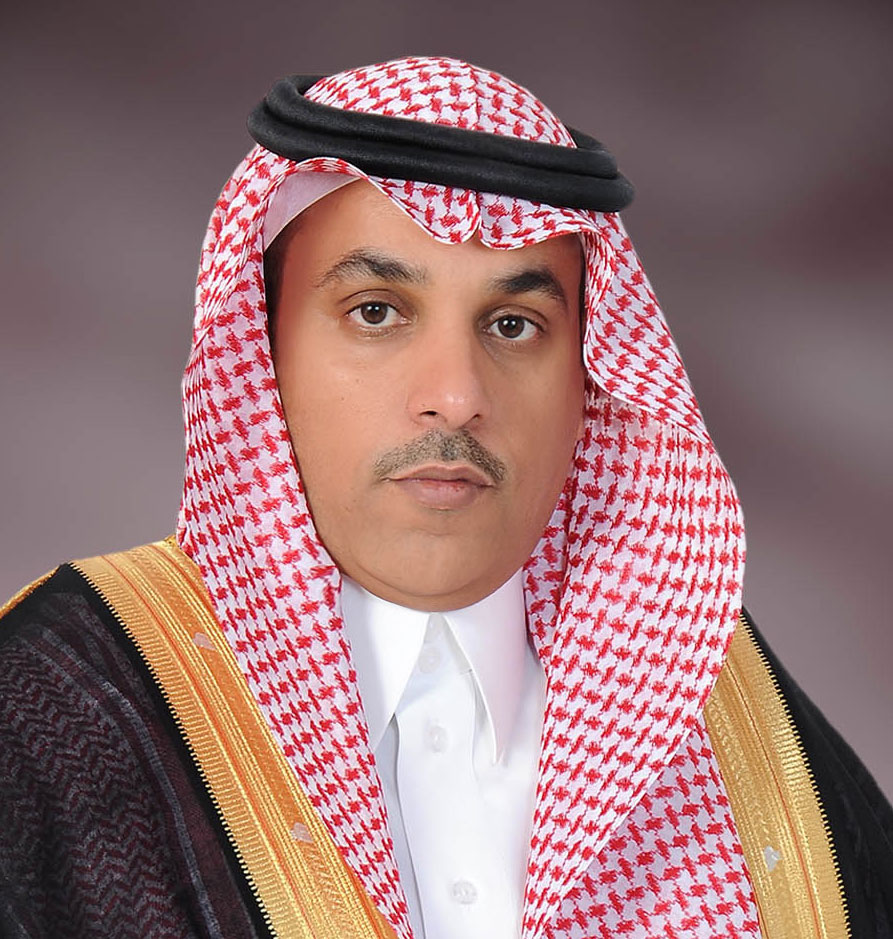
د. فهد التخيفي: الميزانية تعتمد " التخطيط المدروس " عنوانًا جديدًا للتنمية
Congratulating the Custodian of the Two Holy Mosques and his crown prince on announcing the largest budget in the history of Saudi Arabia
Dr.Fahad AL-Tukhaifi: the budget adopts an “organized planning’’ as a new approach for development
On his behalf and on behalf of all GASTAT’s employees as well as all the statistical sectors in Saudi Arabia, president of GASTAT, Dr.Fahad Bin Sulaiman AL-Tukhaifi congratulates the Custodian of the Two Holy Mosques King Salman Bin Abdulaziz and his crown prince HRH Prince Mohmmad Bin Salman Bin Abdulaziz on announcing the budget of 1440/1441 H as the largest expenditure budget in the history of Saudi Arabia. Moreover, it reflects the directions of the wise leadership in the country that helped to reduce the budget’s deficit by (4.2%) of GDP.
AL-Tukhaifi confirmed that the budget proves that organized planning is the adopted approach used for development in Saudi Arabia at the present time and for the future as well. In addition, numbers that were included in the budget were achieved by organized planning, remarkable procedures, and a clear vision and aim. He added that the speech of the Custodian of the Two Holy Mosques during the budget’s announcement emphasized the ongoing support to boost the economic growth in Saudi Arabia, enhance the expenditure’s quality, and to attain financial sustainability and balance. Moreover, this can be reached by accomplishing Saudi Arabia’s 2030 vision objectives through increasing the size of the national economy and keeping its growth. Also, by heading towards economic reform, financial management and control, enhancing transparency and enabling the private sector. The custodian of the Two Holy Mosques directs all officials to quickly start the implementation of the budget which reflects his constant concern that all government entities will be able to meet citizens’ expectations and moving from only providing services to surpassing in providing these services.
Dr. AL-Tukhaifi said:” the Custodian of the Two Holy Mosques concludes his words by affirming that the comprehensive development will continue and will cover all regions of Saudi Arabia and that is his main concern; this shows the commitment of the leadership that the development covers all the regions of Saudi Arabia and in all fields as well’’. On the other hand, GASTAT’s president confirmed that the parts included in the budget will guarantee an effective contribution to enhance the government expenditure, also to enhance the quality, accuracy and transparency of financial accounts. Therefore, financial efficiency level will increase and benefit of projects will be maximized and that will be reflected on what is obtained by the citizen from the outputs of these projects. May God protect this country and keep its safety and prosperity, he concluded.
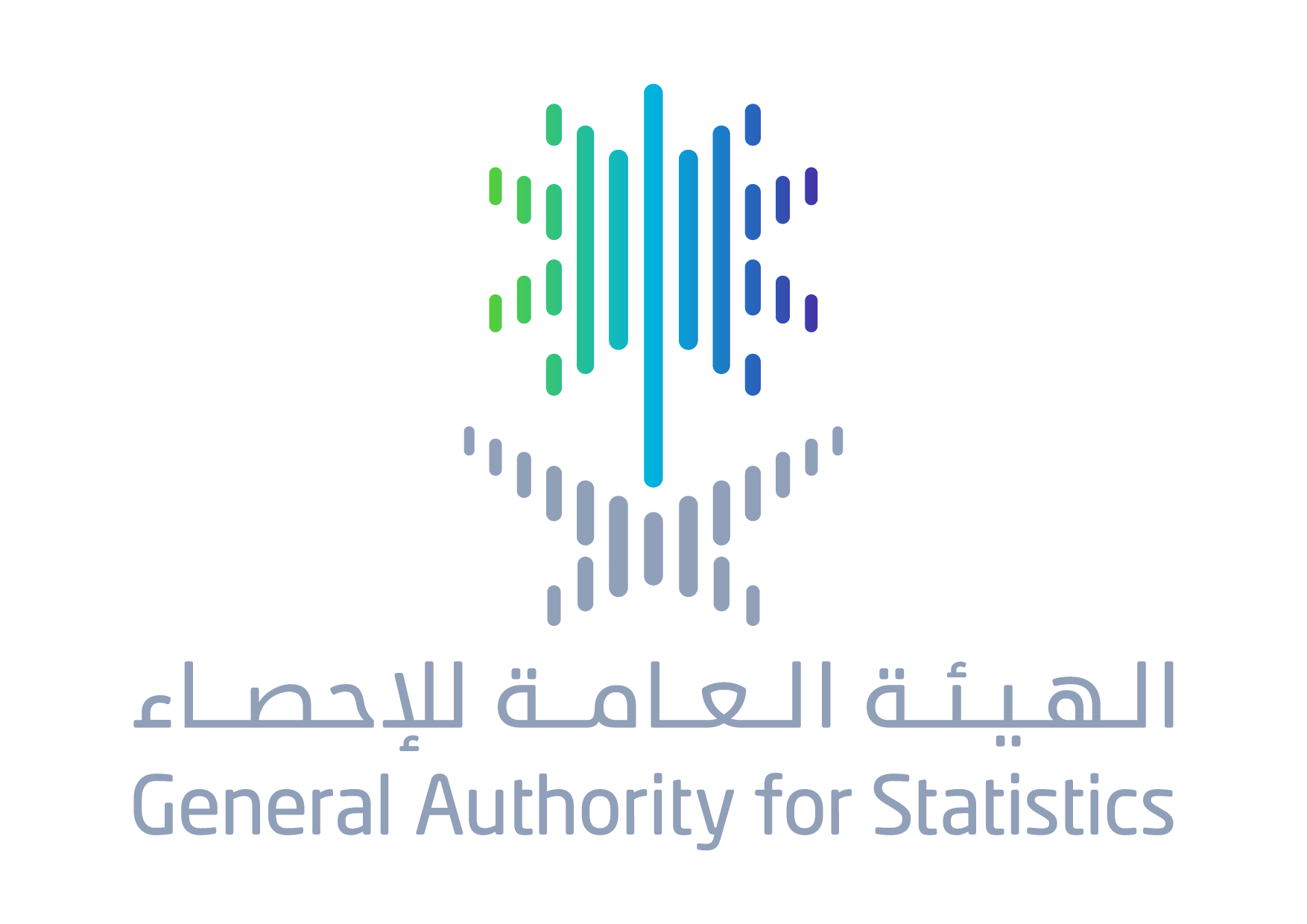
"الهيئة العامة للإحصاء " تصدر لأول مرة نتائج مسح النشاط الصناعي لعام 2017م
GASTAT Releases for the First Time Industrial Activity Survey's Results-2017
On Thursday, Rabi al-Thany 6th,1440 H (corresponding to December 13th ,2018), the General Authority for Statistics (GASTAT) released the results of the " Industrial Activity Survey for 2017" to support the national development. This Survey was carried out for the first time by GASTAT and is considered outputs of the statistical transformation in Saudi Arabia which have been started since the beginning of the last year. The Authority has released so far more than sixty-five statistical products including economic, social, demographic, and Umrah statistics. In addition to other statistics related to labor market, energy, knowledge, environment, culture, sport, entertainment, security and safety. The Industrial Activity Survey is an annual survey based on field data collected by visiting establishments all over Saudi Arabia's regions. The results of the Survey include more than nineteen statistical indicators related to the features and components of private and public sectors establishments. The Survey concerns the activities of mining, quarrying, manufacturing, electricity, gas, and steam supply, air conditioning, water supply, sanitation, in addition to waste management and process. The results also provide detailed and accurate data to meet the needs of the relevant parties in line with the international recommendations specialized in industrial activity surveys.
The Authority appreciated the role of all the relevant governmental and private entities that contributed to the design of the survey's form, and submitted their proposals according to the needs of data and information for the economic sector generally and industrial sector particularly. This is done through mutual team works and continuous workshops in order to ensure that the statistical product outputs have met all the requirements.
The results of the Industrial Activity Survey showed that the number of industrial establishments made up (112,785) one hundred twelve thousand, seven hundred eighty-five establishments, with 31% of Saudi workers.
According to the results, the operating expenses of the industrial establishments exceeded about (484.712 million) four hundred eighty-four billion, seven hundred twelve million SAR, whereas the value of the operating revenues of the industrial establishments reached in 2017 around (1,516,844,817,326) one trillion, five hundred sixteen billion, eight hundred forty-four million, eight hundred seventeen thousand, three hundred twenty-six SAR. The percentage of Saudi workers working at the following establishments: crude oil and natural gas, other manufacturing, as well as coke and refined petroleum products reached 84%, 80% and78% respectively out of the total number of Saudi workers in the industrial establishment, the results showed.
It is worth mentioning that GASTAT releases, in addition to the survey of industrial activity, a number of products related to the industry sector. Such as, index of industrial production survey which measures the relative change and any developments in the quantities of material and commodities production. Additionally, environment economic survey (industry) that reflects the norms of water and energy consumption in Saudi Arabia by the establishments and wastes resulting from these activities and potential ecological effects.
The Industrial Activity Survey is the third statistical product published by the Authority in the field of industry. It aims to provide comprehensive industrial statistics in different regions of Saudi Arabia, for instance: statistics and compensations of industry workers as well as operating and transfer expenses. In addition to the size, revenues value, and contribution to GDP of industrial production.
GASTAT has published the Survey's results, field research forms and others results on its official website www.stats.gov.sa . The products are in various information formats, so researchers, scholars and decision-makers can benefit from them and conduct data analysis.
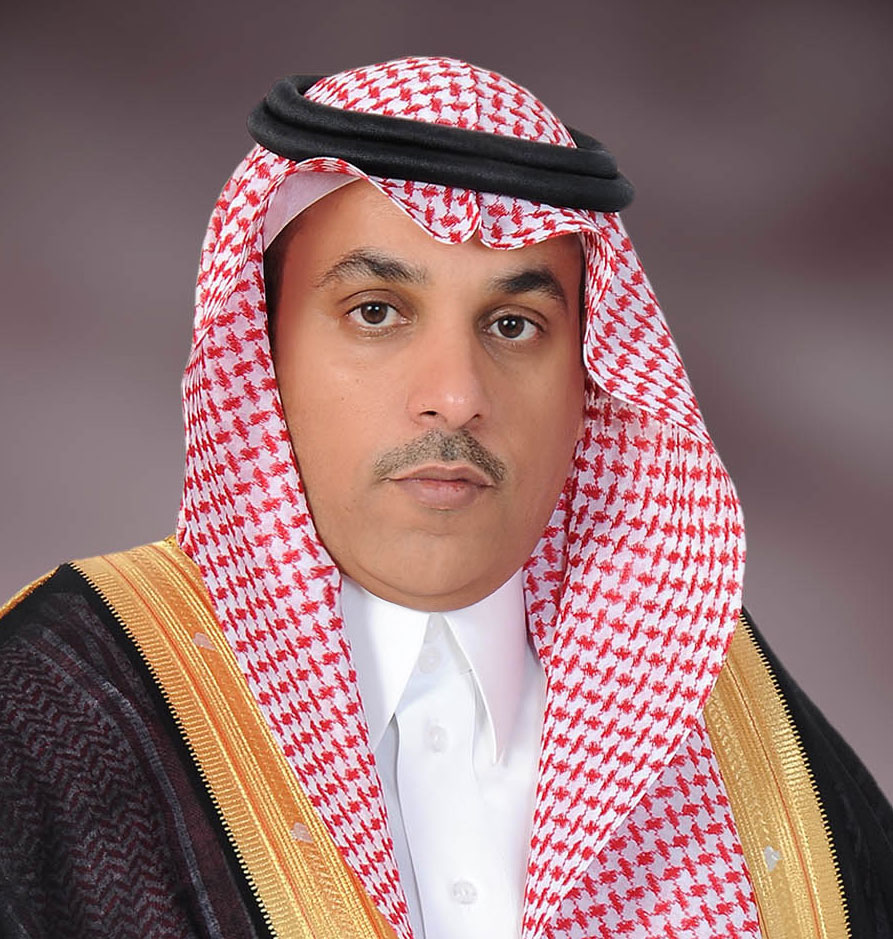
طويق وحكاية أربع سنوات في عهد "سلمان"
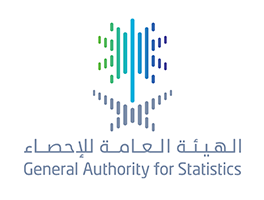
"الهيئة العامة للإحصاء " تصدر نتائج مسح الطاقة المنزلي عام 2018م
“GASTAT” Releases the Results of the Household Energy Survey for 2018
The General Authority for Statistics (GASTAT) released the results of the “Household Energy Survey (2018)” on its official website www.stats.gov.sa. It is a field survey that collects household energy data from a sample of households covering all 13 administrative regions across the Kingdom. This data can calculate many estimates and indicators about energy consumption in the domestic sector. The Household Energy survey aims at providing data related to the housing characteristics such as the type of housing, its components, the areas that are air-conditioned and heated, the impact of economic, social and geographical variables on energy consumption, household uses of fuel of all kinds to supplement the primary consumption coverage of various energy forms, which contributes to the preparation of energy balance, identifying patterns of energy consumption and the forms of energy used in the domestics sector.
The results of the household energy survey showed that (100%) of the households use electricity in their houses. (99.85%) of their houses are connected to the public electricity network. (0.11%) use a private network as a source for electricity, while (0.04%) use a generator as a source of electricity.
The results also showed that the percentage of households using solar energy at homes reached (1.45%).
The results also showed that the percentage of households using an independent electric meter reached (84.33%), while (15.67%) are using an electric meter shared with other houses, whereas (15.38%) use power regulator at home.
Regarding the use of fuel, the results showed that about (90.72%) of households use gas as the main fuel for cooking, while (8.74%) of households use electricity for cooking. In addition, (8.22%) of households use (wood, coal and agricultural waste) at home for heating and cooking.
Regarding the patterns and behavior of households in the rationalization of power consumption, the results showed that (59.84%) of households are interested in 65cutting expenses or
rationalization of power consumption. It also showed that (35.75%) of the households are likely interested in power consumption rationalization while only (4.41%) of the
households are not interested at all in cutting expenses or rationalizing power consumption. The results showed that (29.35%) of the households have power savers at their houses while (70.65%) of households don’t have power savers to rationalize consumption
Furthermore, the results of the Household Energy Survey showed that the total consumption of household fuel (fuel oil), kerosene and LPG reached more than 1 billion liters (1,023,585,906) in all regions of the Kingdom. The volume of consumption of diesel (fuel oil) reached about (3,519,261) three million five hundred thousand liters, which represents about (0.34%) total consumption volume, while the consumption of gas (kerosene) reached more than nineteen million L (19,691,996) representing about 1.92% of the total volume of consumption. The volume of consumption of gas (LPG) reached about one billion liters (1,000,374,649) in 2018, representing (97.74%) of the total volume of consumption.
The results of the Household Energy Survey showed that (35.14%) of households in the Kingdom spend less than 5% of their income on electricity and other sources of fuel, while (43.08%) of the households spend between (5-10%) on energy, while (15.76%) of households spend between (11-15%) on energy. (4.01%) of households spend between (16-20%) of their income on energy and (2%) Spends more than (20%) of its income on electricity and other fuel sources.
It is worth mentioning that the Household Energy Survey of 2018 is the second survey conducted by the General Authority for Statistics on an annual basis.
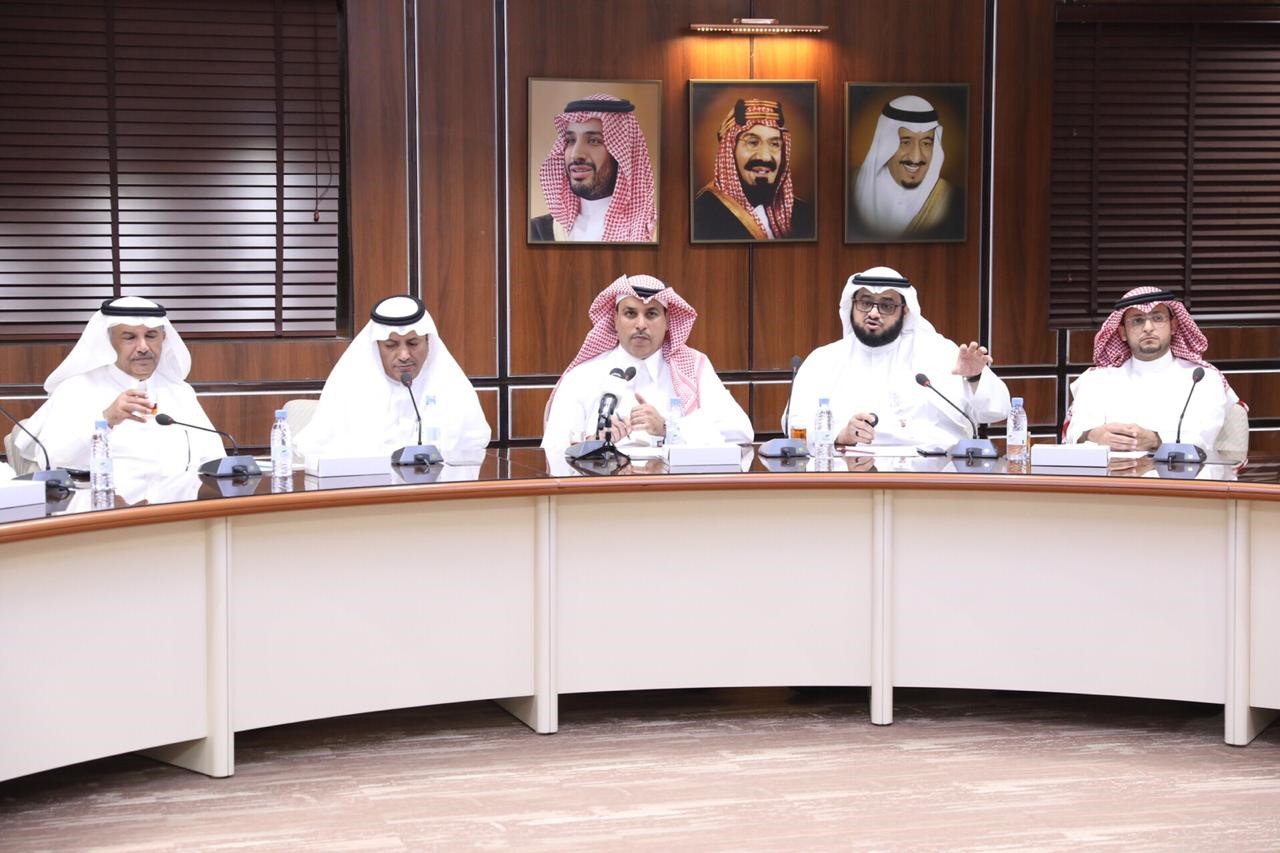
الهيئة العامة للإحصاء تختتم أسبوعها الاحصائي بمنطقة عسير
Within GASTAT efforts to raise statistical awareness among all society classes.
GASTAT concludes its awareness week in Aseer region
As part of its plan to raise statistical awareness among all society classes, the General Authority for Statistics (GASTAT) concluded the statistical week in Aseer region. The statistical week included the meeting of His Excellency the president of GASTAT, Dr. Fahad bin Sulaiman Altekhaifi with businessmen and the board members of Abha Chamber. During the meeting, they discussed the role of the private sector in the statistical process, in addition to the statistical products that are related to Aseer region.
“The Smart Statistician” exhibition has been also held during the statistical week in cooperation with the General Administration of Education in Aseer region. The exhibition events took place in “ Aseer’s Educational Center” during the period 17-21 Rabi Al Awal 1440H, with the participation of more than 35 schools.
The exhibition aims to clarify the role of statistics in the student life. In addition, it aims to explain the statistical concepts and raising the level of students’ awareness. Moreover, it presents the statistical process steps and stages in a simple and scientific way, and enhances the student’s realization of the statistician role. However, the exhibition demonstrates the impact of data accuracy (data provided by the household head) on development, as the student is considered an effective method in raising households’ awareness.
It is worth mentioning that the student journey inside the exhibition starts by moving between the different sections that provide students with scientific information in an entertainment and attractive way. The sections include an identification of statistics, the difference between statistics and mathematics, the role of the General Authority for Statistics, how students and households are relating to the authority work, and how statistical researches are implemented on the field through simulating the process by students, where a student takes the role of the “statistician” when he visits a household to fill an electronic form designed especially for the research. However, many awareness lectures were held in Khamis Mushait governorate during this week an attended by a number of the governorate schools’ students.
On the other hand, King Khalid University hosted the event of (We share you your academic journey) during the same period. This event targets university students, faculty members, and all university staff. It presents GASTAT statistical products and services, and explains how to use them for the purpose of conducting academic studies and research.
